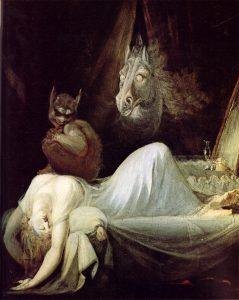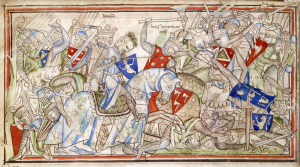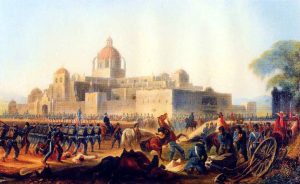
Down the Avenue
News
Dangerous Middle East Adventure led him to Writing Desk: The Story of a Former Cold War Spy
“I didn’t have a writing career and didn’t think in those terms. I still don’t. I’ve never really wanted a career in anything. Life’s too short and sweet for that grim, mortgage-in-the suburbs approach”, says John Fullerton, the former spy and journalist who lived and worked in 40 countries and covered a dozen wars.
Read More


